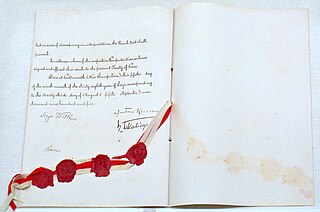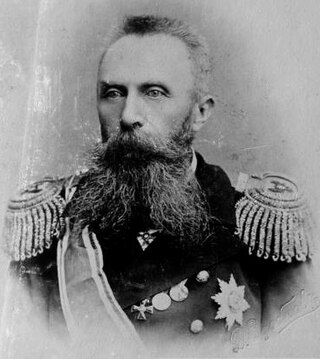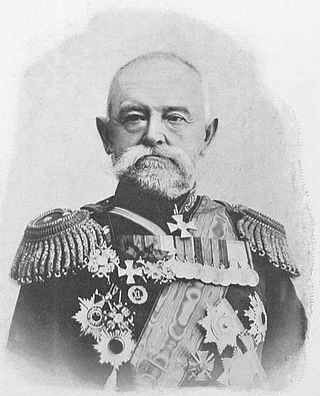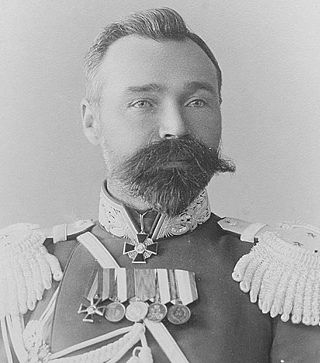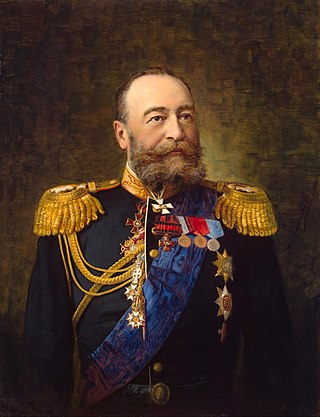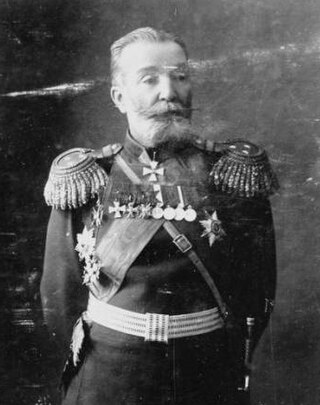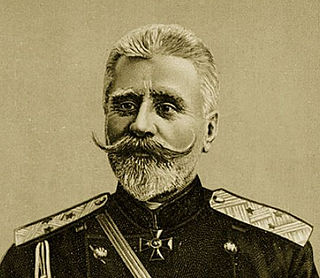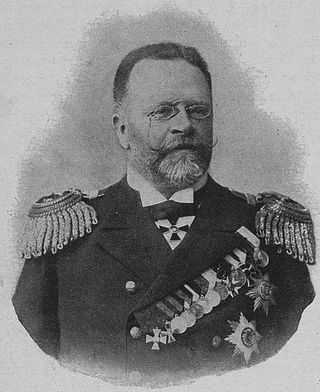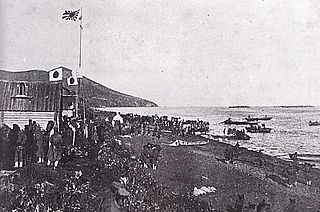This is a select bibliography of post World War II English language books (including translations) and journal articles about the Russo-Japanese War, the period leading up to the war, and the immediate aftermath. It specifically excludes topics related to the Russian Revolution; see Bibliography of the Russian Revolution and Civil War for information on these subjects. Book entries may have references to reviews published in academic journals or major newspapers when these could be considered helpful.
Contents
- General works
- Military history
- Works focused on Russia
- Works focused on Japan
- International focused works
- Historiography and memory studies
- Primary sources
- Reference works
- See also
- References
- Notes
- Citations
- Further reading
- External links
A brief selection of English translations of primary sources is included. The sections "General Surveys" and "Biographies" contain books; other sections contain both books and journal articles. Book entries have references to journal articles and reviews about them when helpful. Additional bibliographies can be found in many of the book-length works listed below; see Further Reading for several book and chapter-length bibliographies. The External Links section contains entries for publicly available select bibliographies from universities.
Inclusion criteria
Works included are referenced in the notes or bibliographies of scholarly secondary sources or journals. Included works should either be published by an academic or widely distributed publisher, be authored by a notable subject matter expert as shown by scholarly reviews and have significant scholarly journal reviews about the work. To keep the bibliography length manageable, only items that clearly meet the criteria should be included.
Citation style
This bibliography uses APA style citations. Entries do not use templates. References to reviews and notes for entries do use citation templates. Where books which are only partially related to Russian history are listed, the titles for chapters or sections should be indicated if possible, meaningful, and not excessive.
If a work has been translated into English, the translator should be included and a footnote with appropriate bibliographic information for the original language version should be included.
When listing works with titles or names published with alternative English spellings, the form used in the latest published version should be used and the version and relevant bibliographic information noted if it previously was published or reviewed under a different title.

